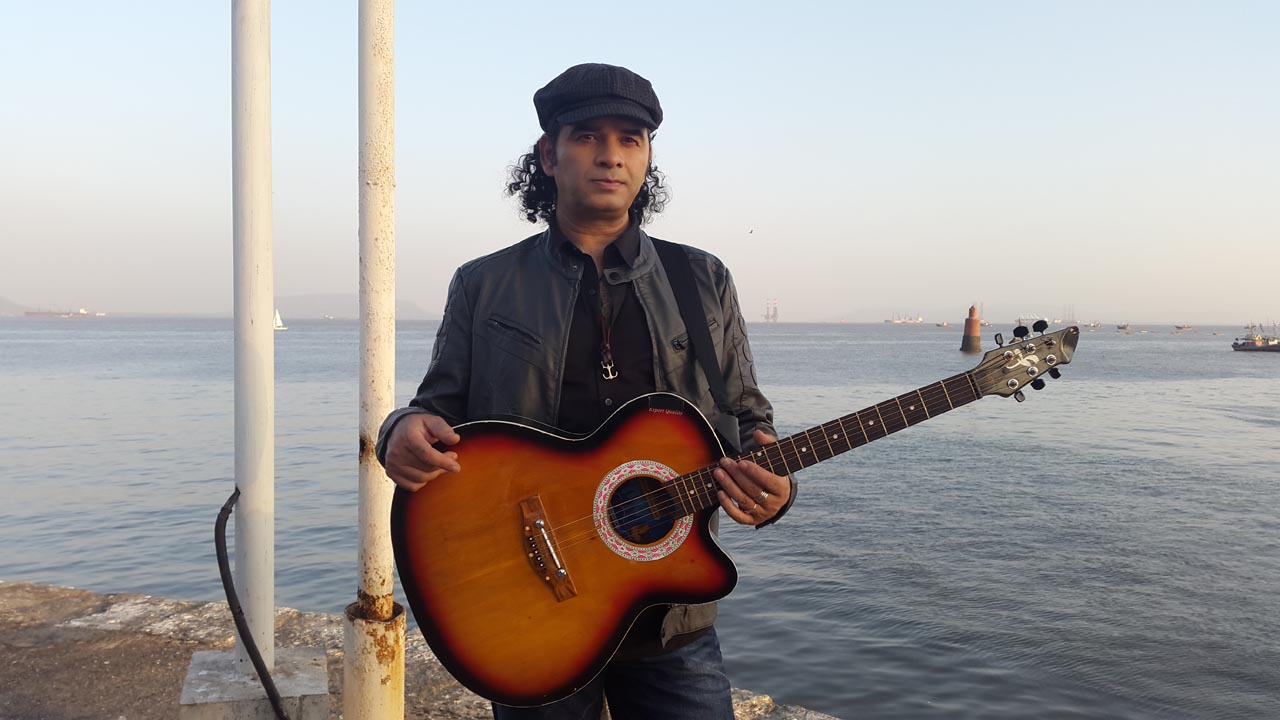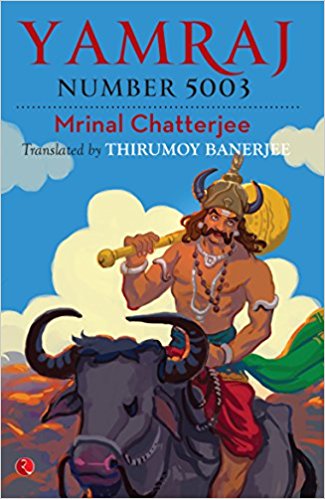[cycloneslider id=”revolution-3″]
The 6 am start is annoying, but necessary. If Punyabrata Goon is to get through the almost 200 patients who will come to the Shramik Krishak Maitri Swasthya Kendra (Worker-Peasant Friendship Hospital) before noon, a morning lie-in is out of the question. Already, his team of health workers, girls from the vicinity of the village of Chengail, where the hospital is located, have opened the doors and begun the process of registering the swelling crowd of patients. The sight of his car causes a flurry of activity. The doctor is in.
Stepping on the bridge of protruding flagstones over a puddle caused by the previous night’s rain, Goon points out to me a building in the distance: the Kanoria Jute Mills, whose trade union had started the hospital in 1995, taking inspiration from the Shaheed Hospital in Dalli-Rajhara, Chhattisgarh, where he had worked for close to a decade. The hospital, part of Goon’s Shramajibi Swasthya Udyog (Working Class Health Project), isn’t the only option for the villagers. There are a number of hospitals, clinics and nursing homes on the side of the highway; Kolkata is only 25 km away; and the district town of Uluberia has a large government hospital. However, it is a truth acknowledged by most doctors that the healthcare system in West Bengal, as elsewhere in the country, is exploitative of the poor and poorly managed. In a country where up to 80 percent of healthcare costs are borne by the patient, and where the World Bank estimates that 35 percent of hospitalised people fall below the poverty line as a direct result of their hospital expenses, Goon provides what he calls humanist care: healthcare at prices the poor can afford. The total cost of a visit to the doctor rarely crosses 100. But the hospital isn’t a charitable organisation; barring some equipment donated by well-wishers, it accepts no outside funding, instead using rational practices and common sense to keep costs low.
‘Rationality’ is a favourite word. Goon’s practice of taking detailed case histories is one such manifestation. His health workers — assistants he has trained himself — meet every patient and, through a comprehensive form, ask them questions about their physical and mental health, the languages they speak, their history of treatment and their socioeconomic conditions. This helps the doctors diagnose illnesses without having to resort to expensive (often unnecessary) tests. “Imagine you visit a doctor on a complaint of fever,” he wrote in an article about his initiative. “The doctor gives you a list of tests without enquiring about the history. The list includes blood and urine tests, test for malaria parasite in the blood, widal test for typhoid, culture sensitivity test of urine. In case of a big doctor there will be further tests of blood culture, malaria antigen, blood test for dengue, and so on. These tests are not always recommended in the interest of the patient. Many of us know that the doctors receive commission for recommending those tests.”
Goon meets his patients with a ready smile, without the brusque officiousness they are used to. He makes idle chatter while examining them; he asks one young man how married life is treating him, another whether working conditions in his factory have improved since a recent strike. He is irritated when a woman says she cannot leave her shop to come for her weekly injection. “Once you get sick, how will you work at your shop?” One patient has come from Bongaon, almost 100 km away, because of Goon’s reputation as a skilled doctor who cares for the poor.





There are very few such people, I have a doc in my neighbourhood in Chennai who still charges only 50 rupees which incl a 3 days dosage of medicines. He is very good at diagnosis and doesnt make patients run around for hundreds of tests. I am worried now as he has become old and wonder how to manage afterwards. The rest of the doctors are scary as you dont know if the medicines and tests are necessary or for earning commission.
I’ve always believed that a certain amount of idealism is necessary to do work that has a lasting impact and touches people’s hearts. And this idealism is a must in professions such medicine and teaching. Dr. Goon and the rest of this special breed of men and women are examples of the change we are capable of if we have idealism and the courage to follow our convictions. Salaam Dr. Goon, and may your life inspire many more to understand what the medical profession is all about.
We should recognize Dr. Goon as a Glocal Hero ( Global cum Local Hero), I would like to say one name in this series Late Dr. Shiv Narayan Singh brought out from Deoghar(Jharkhand) and served most of the time at Patna, who believed entirely on low cost – sure sort treatment with charity and complete health remedy. I salute Dr. Goon who keep such a great ideology in to-days medical fraternity.